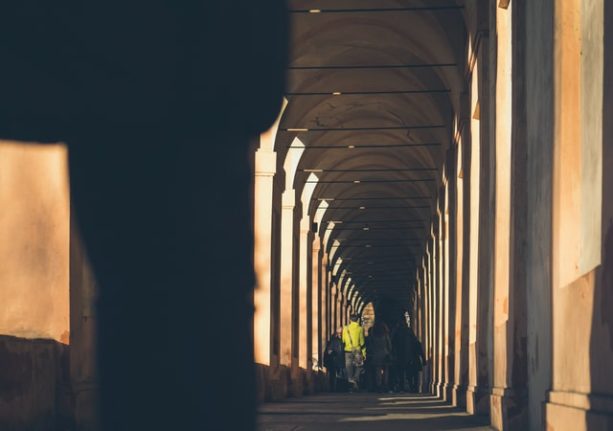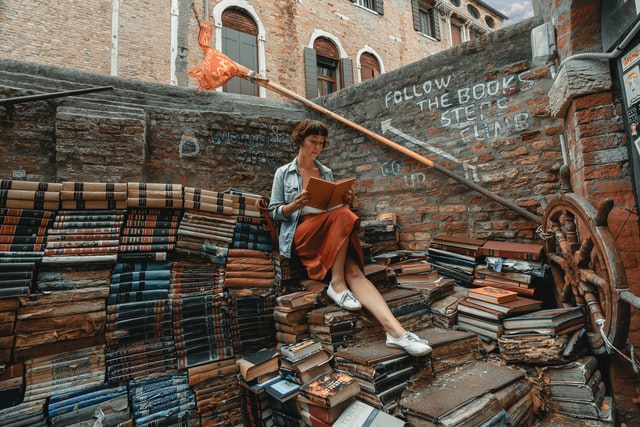If you’ve only just started gathering information about living and studying in Italy, there’s a lot of information to digest.
Depending on where you’ll be moving from, you may need to consider everything from visa paperwork to preparing for unusual exam methods, according to the international students we spoke to for a recent article about their experiences in Italy.
Based on their advice and personal experiences, here’s a quick rundown of the eight most important points to keep in mind if you’re planning on moving to Italy to study, as well as links to further information you may find useful.
1. Italian university teaching methods are singular to say the least. Before accepting a formal offer from an Italian university, make sure that you’re totally familiar with the structure of your chosen course. If this information is not readily available online, reach out to the university and ask for a detailed course handbook.
READ ALSO: Five things to know before you apply for an Italian student visa
2. If you’re a non-EU national, carefully read the list of official documents you’ll be required to produce in order to receive your type-D visa and, once in Italy, your permesso di soggiorno (more information available from the foreign ministry’s website here and from the University of Bologna here).

3. Prepare any necessary paperwork well in advance. Italian bureaucracy isn’t exactly a paradigm of administrative efficiency.
4. In Italy, university exams are for the most part conducted orally, so you might want to practise your verbal communication skills while you’re still in your home country. This will help you hit the ground running further down the stretch.
5. When it comes to finding accommodation for your first year in Italy, try your best to book a place in a university hall of residence. This will save you the trouble of dealing with letting agencies and private landlords; something students told us they found troublesome.
6. If, for whatever reason, you are not able to get yourself a place via your university’s own channels, refer to reliable student housing websites such as Uniaffitti, Affitti Studenti and Studentsville.
REVEALED: What studying in Italy is really like and what you should expect
7. Italian is by no means an easy language. However, merely having a beginner’s knowledge of the language will come in very handy when dealing with bureaucracy and interacting with local people. You can start by laying some groundwork with language-learning apps and then attend some language classes once in Italy.
8. While in Italy, try to get out of your comfort zone and socialise with Italian students. This will help you not only immerse yourself in the local culture but also practise your Italian language skills.
See more information in The Local’s studying in Italy section.




 Please whitelist us to continue reading.
Please whitelist us to continue reading.
Member comments